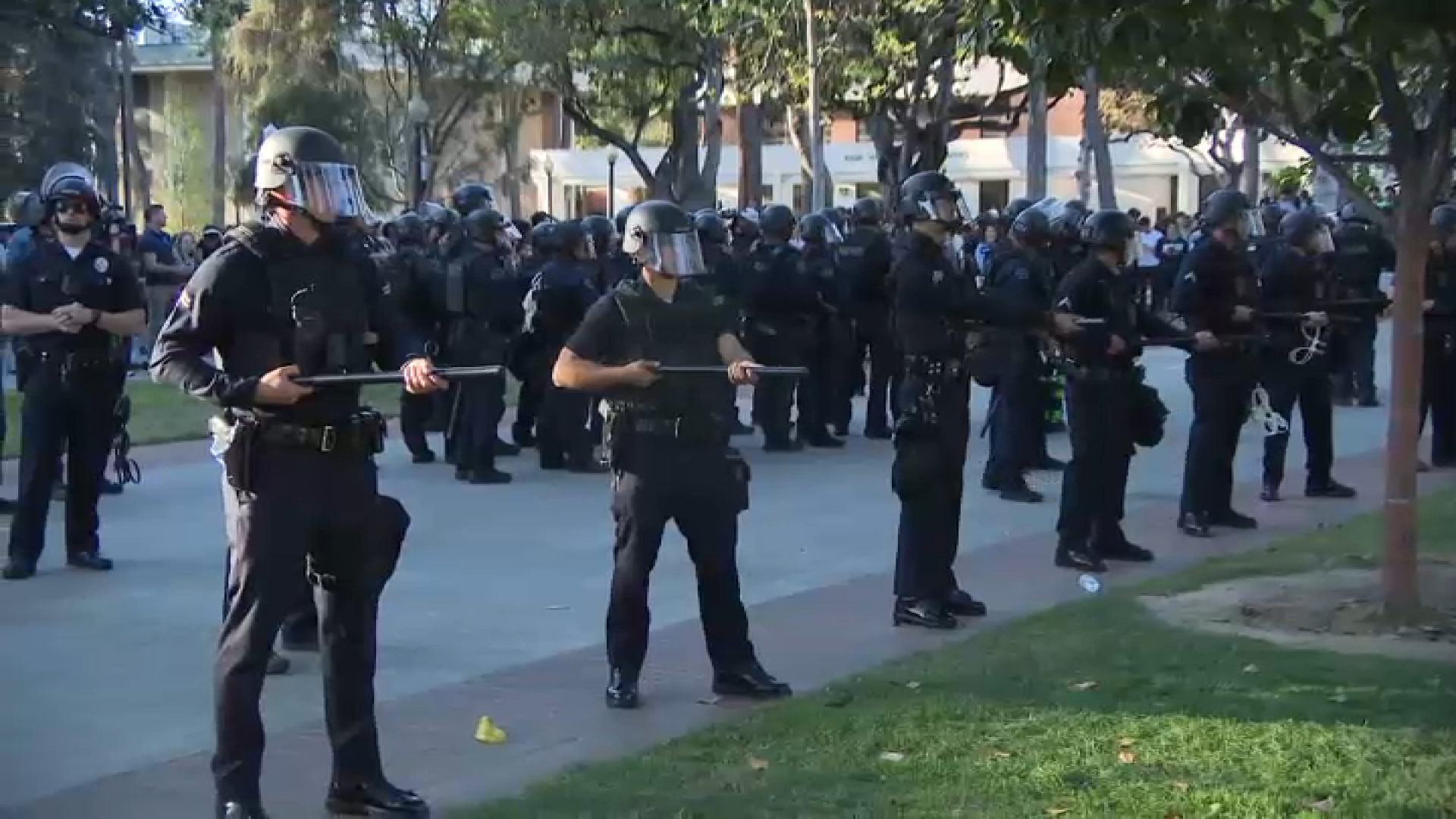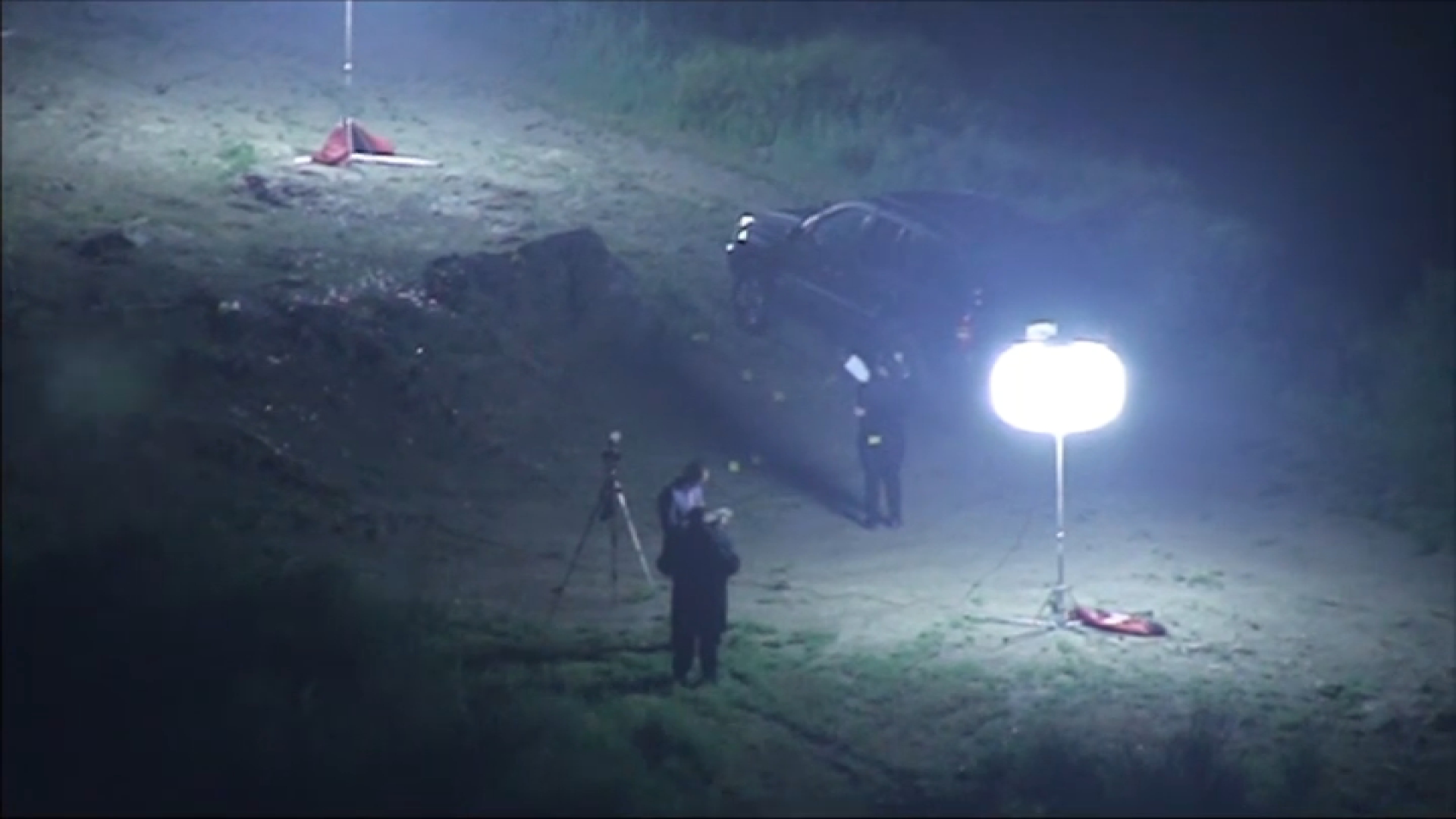Pasadena residents and businesses could see rolling blackouts during this week's heat wave after a fire at a power plant Tuesday reduced the city's ability to generate power.
The city and its utility were asking 63,000 account holders to reduce their electricity consumption during afternoon hours of peak demand so that power lines aren't overloaded or damaged by increased demand.
"If something unforetold happens, there could a rolling blackout with little or no advance notice. We're not anticipating that's going to happen, but we do need to make the public aware of that," said William Boyer, spokesman for the city of about 138,000 residents.
No outages or blackouts had been reported as of 4:30 p.m. Wednesday.
The blackout possibility comes as temperatures are expected to peak Wednesday, with highs in the upper 90s in Pasadena -- about 15 to 20 degrees above normal, according to the National Weather Service. It's expected to cool slightly Thursday, and temperatures should be in the low 80s by Friday.

The fire broke out inside the city's Glenarm Power Plant Tuesday morning, damaging a generating unit known as GT-2, pictured below at left. The unit has been operating since 1975, utility officials said.
Local
Get Los Angeles's latest local news on crime, entertainment, weather, schools, COVID, cost of living and more. Here's your go-to source for today's LA news.
Three of the city's five generating units were already down for repairs, so the fire left just one unit available to generate electricity, according to Pasadena Water and Power spokeswoman Erica Rolufs. A city press release previously said one unit was available to come back online, but Rolufs said the was inaccurate.
The one remaining functioning power unit, GT-4, produces a peak of about 42 megawatts of power, Rolufs said. The city, which supplements its own power generation with purchases of electricity from outside suppliers, uses between 270 and 290 megawatts on days of peak demand, she said.
There's a concern that if there's too much demand for that outside electricity, city equipment will be overloaded and potentially damaged, triggering blackouts, she said.
"We have enough power supply; that's not an issue. The issue is when we have to import more electricity through those cross-town transmission lines because we can't produce more," Rolufs said. "There's only so much that these lines can handle."
Blackouts could last two to four hours at a time and would roll through different sections of the city, with the west side of Pasadena primarily being affected, she said. The city's main commercial area, Old Pasadena, is on the edge of the west side, which is primarily a wealthy residential area.
Boyer said external electricity grid problems in other parts of California could also affect Pasadena's situation.
The city is asking residents to conserve power by:
- Closing blinds, shades and windows to keep heat and sunlight from getting inside
- Setting air conditioning to 78 degrees or higher
- Refrain from using appliances during peak demand times, particularly from 2 to 7 p.m.
- Unplug "vampire" electronics such as phone chargers that aren't in use, and turn off all lights and electronics that aren't being used
- Turn off electricity-using devices at the end of the work day.
The city is also considering issuing a "mini flex alert" to more formally ask residents to conserve.
More information is posted on the city's website.



